My Thoughts on the European Cystic Fibrosis Conference (ECFS 2018)

(Photo by Brad Dell)
After 37 hours of travel, I landed in Belgrade, Serbia. I hopped in a cab and rolled past rows of rusted relics — airplanes of various centuries, including the rotting wreckages of NATO planes that once carried disastrous payloads during the ruinous Yugoslav Wars of the 1990s.
I’d soon find myself before a colossal conference center, the Sava Centar, constructed in 1977 amid communist Yugoslavia’s rule. It doesn’t seem to have been renovated since. It was in this archaic center that the European CF medical community gathered for the 41st Annual European Cystic Fibrosis Conference (ECFS 2018) to discuss the future — the tomorrow. The meeting location is ironic, but important, as Serbia’s CF population desperately needs hope for a tomorrow.
The war is still raw in the minds of the still-reeling, gutted nation. The conflict and its consequences, especially the United Nations’ subsequent embargo against Serbia, left the nation’s cystic fibrosis population in a suffocating bind. Access to medications and necessary medical technology has been scarce historically.
As a CF patient, it hurts to imagine a life in which I don’t have access to cutting-edge tech and pharma. But where North America excels in innovation, Europe is making awe-inspiring strides in transborder unity through the creation of the European Reference Network to obtain second opinions from an international network of pulmonologists; and the implementation of the Clinical Trials Regulation, which promotes research collaboration between European Union nations. A growing number of European nations are adopting opt-out organ donor laws. North America has much to learn from Europe (and vice versa). For details on how CF care differs between countries, I highly recommend Gunnar Esiason’s series, Cystic Fibrosis Around the World.
Thank you to BioNews Services for providing the means to attend the conference.
The following are the things I ummed and aahed about.
What didn’t thrill me:
I was disturbed by the lack of coverage regarding lung transplantation, the Plan Z treatment option for those in end-stage CF. For transplant topics at the conference, there were three posters, two 24-minute symposium talks, one registry insight, and a one-and-a-half-hour workshop. This might seem like plenty, but most of these events focused on transplant eligibility and current survival rates, rather than improving life after transplant.
I’m exhausted with the concept that transplant is merely an “extension of life” treatment and not a condition worthy of plentiful research resources. We deserve to live long lives of high quality. We’ve fought so hard to get this far. We need the CF community to funnel more transplant-specific research into improving quality of life and survival. While CF patients are “handed off” to their transplant team after the surgery, we still often see CF doctors because we still have CF. We still have issues beyond our lungs: sinuses, CF-related diabetes, GI troubles, etc. So why is the CF professional community still so avoidant of the topic?
I thought the coverage regarding GI was also lacking. Despite CF being much more than a lung disease, I find we are still stuck in a pulmonary box. More guidelines are needed regarding digestion issues such as gastroparesis, DIOS, nausea, GERD, aspiration, etc. Too many friends’ CF teams have taken much too long to make GI comorbid diagnoses, and too many have used strategies that simply do not work. For example, I’ve known many — including me, for several years — who are prescribed the incorrect vitamin D supplement.
What thrilled me:
Despite these qualms, the good far outweighed the bad. I was heartened by the increased coverage of NTM, which is increasingly an epidemic in the CF community and a barrier to transplantation. I also loved the talk about pregnancy and aging issues, two problems the CF community “loves” to have as we grow out of our childhood disease and see increased fertility as a result of CFTR modulators.
Keeping with the theme of “CF Care of Tomorrow,” many sessions also detailed the use of virtual teleclinics, which use phone apps and computer software to allow patients to “visit” clinics without making a physical appearance. This is massively important. How many CFers cultured new bacteria or viruses because of hospital visits? I’m raising my hand.
There were also mind-blowing presentations about ground-shaking therapies on the horizon, such as SPX-101, Proteostasis medications, and Vertex correctors. I often tell new parents of CFers that their kid was born at a good time in regard to medical advancements. Things are only getting better. Take heart, parents. We could prevent the irreversible damage that older CF folk like myself are ripped by. Your kid could live long, long, long.
Both my Serb receptionist and cab driver said, “Have a good life,” as I departed Belgrade. With advancements like these, maybe I will. And your kids will, too.
Check back next week for an interview I had with Dr. Tavs Qvist at ECFS about how NTM should not be an automatic disqualifier for lung transplantation.
Also, follow my adventures on my Facebook Page.
***
Note: Cystic Fibrosis News Today is strictly a news and information website about the disease. It does not provide medical advice, diagnosis, or treatment. This content is not intended to be a substitute for professional medical advice, diagnosis, or treatment. Always seek the advice of your physician or other qualified health provider with any questions you may have regarding a medical condition. Never disregard professional medical advice or delay in seeking it because of something you have read on this website. The opinions expressed in this column are not those of Cystic Fibrosis News Today, or its parent company, BioNews Services, and are intended to spark discussion about issues pertaining to cystic fibrosis.




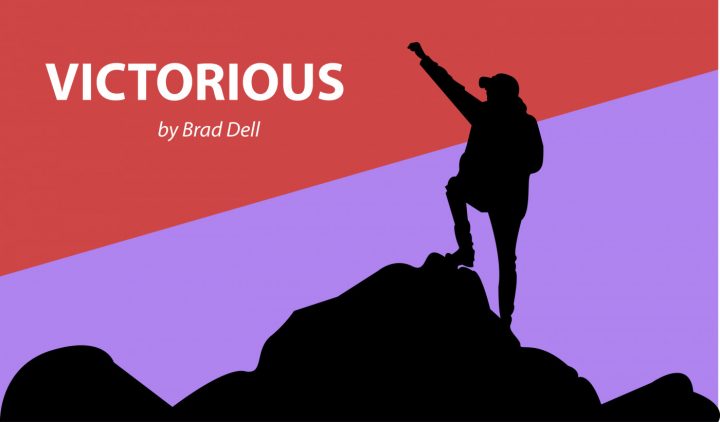

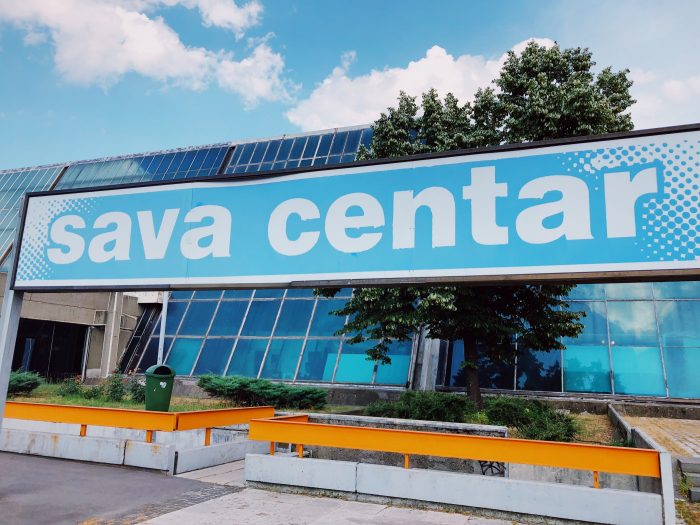
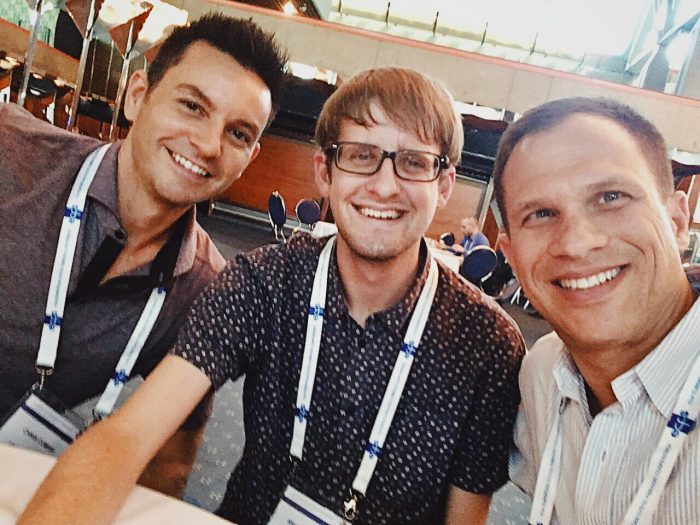
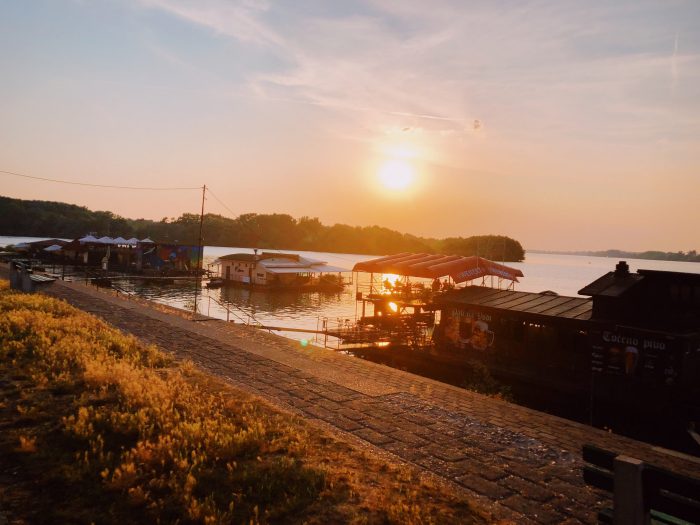


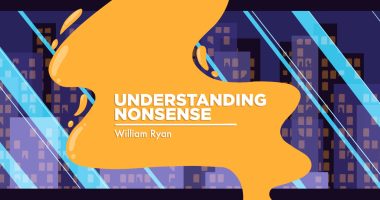

Comments